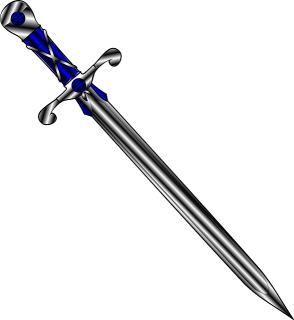The Chinese gaming industry of today is a whole different world compared to that of the 80s and 90s. It's more mature, more competitive. That's why we set our game in the present day. Will you rise up from your humble beginnings in a cramped office to achieve your dream of releasing AAA titles? Or will a lust for money end up being your downfall?
Game Development: We've played a lot of other simulation games available, but always felt let down by their lack of realism—both in employee management and product development systems. That's why we've worked hard to fill out these areas in CGCS, in order to bring players the most immersive experience possible as they design and develop their own games. The design and development of your game is split into a series of set elements. Different kinds of games will possess different elements; and you'll have to assign different kinds of employees to each. You can even add additional elements to your game if you'd like.
Plagiarism: You're simulating a Chinese game company here, so plagiarism is always going to be a possibility. If you do decide to plagiarize, you'll nab advanced elements already designed by others (each with various bonuses). You'll still need to rely on your own team for development though; and if they're skilled enough, you might just blow the competition away. However, plagiarism can come with severe drawbacks following your game's release. At this time you'll need to really prove your business prowess (in other words: use paid shills).
Marketing: There's countless ways to advertise and manage your game post-release. And on top of that, you'll need to make all kinds of decisions that'll affect your player base and marketing success as a whole. We've aimed to simulate the entire industry as accurately as possible, and not just in terms of sales. Every gamer has their own preferences. Given the similarities between your game and competitor titles, you'll have to fight to win over customers: and low-quality games are sure to receive poor sales. You'll need to keep a close eye on market trends as you decide upon your own development model. For instance, when battle royale games become the next big thing, the major names are all sure to put out their own title in the genre. But, if you try and hop on the bandwagon without the means to create a good-quality game, you may well find your business plummeting into bankruptcy as you're outclassed by the competition.
Random Events: You'll encounter a great many random events throughout your journey. How you react to them and the decisions you make will all have a large influence on the development and marketing of your game. Some are even based on real-life events, and the questionable decisions made by certain businesses. Yeah, we're talking about you, big game companies!
Business Culture: The business culture you practice is a key part of who you are as a game company. It directly influences your workers, and even your fans—so step carefully when making decisions about how to run things. At present, we've split the concept of a business culture into 4 areas: Originality (plagiarism vs original creation); Quality (focusing on advertising vs. game quality); Business Model (one-off purchase vs. microtransactions), and Employee Policy (demanding overtime from or granting freedom to employees). An esteemed developer who prefers high-quality, one-off purchase games isn't going to want to join your team if you're focused purely on advertising and microtransactions. Likewise, there's no way that gamers keen on original creations will become fans of companies that just plagiarize and re-skin existing titles.
Minimum:
- OS *: Windows 7 / Windows 8 / Windows 10 64 bit
- Processor: 2.50GHz
- Memory: 4 GB RAM
- Graphics: HD4400
- Storage: 2 GB available space
【Windows】: 〇【Mac】: ×【Linux】: ×









 Frequently Asked Questions
Frequently Asked Questions
 Recommended Character
Recommended Character
 Sword
Sword